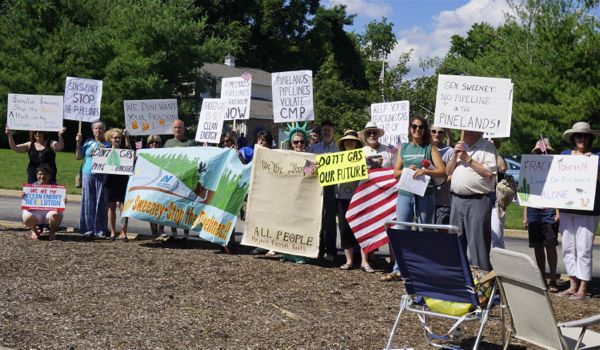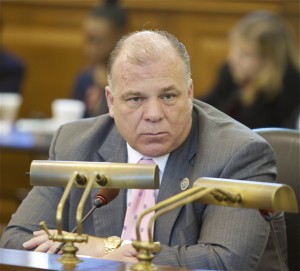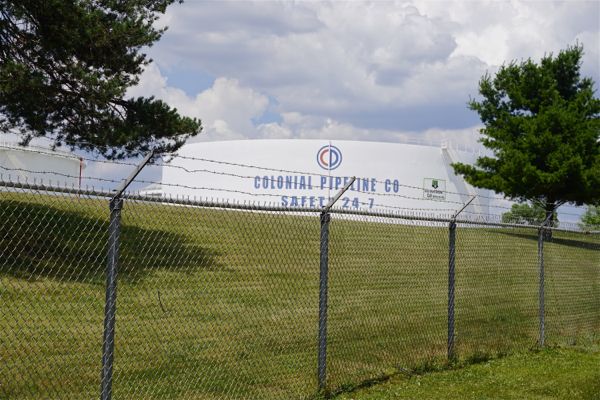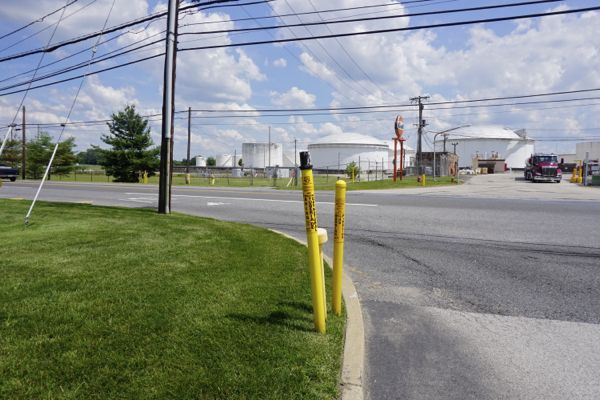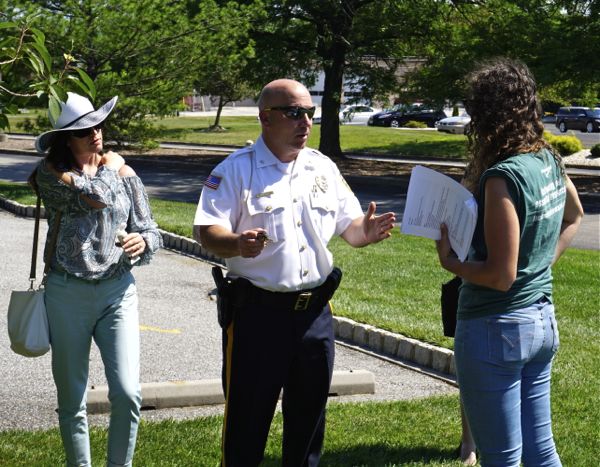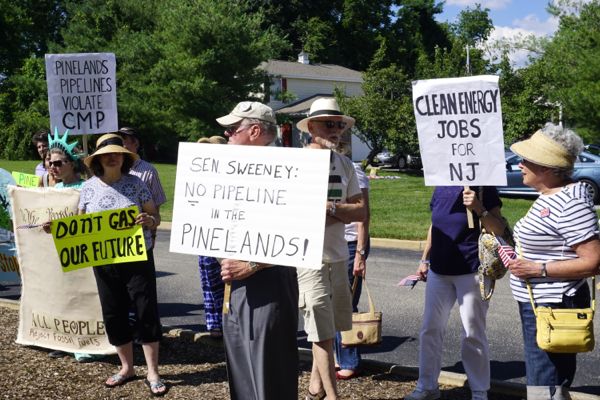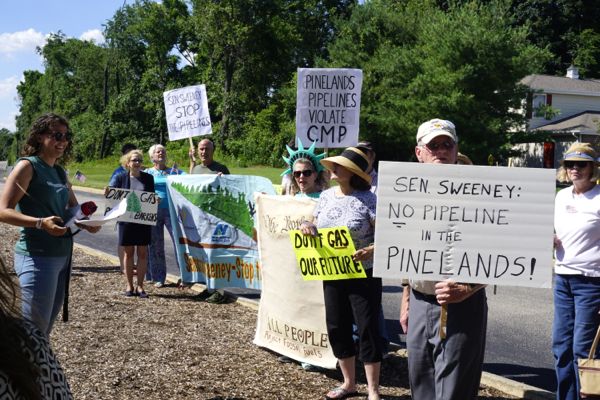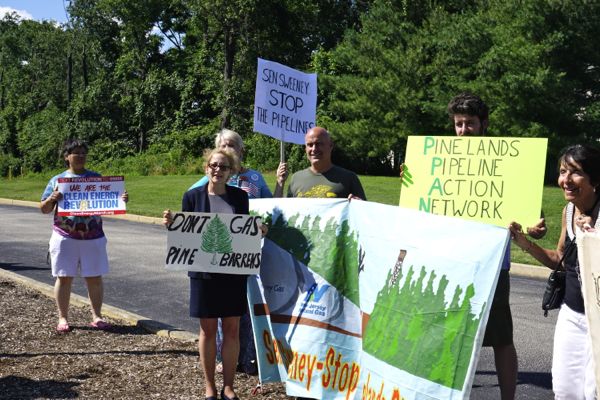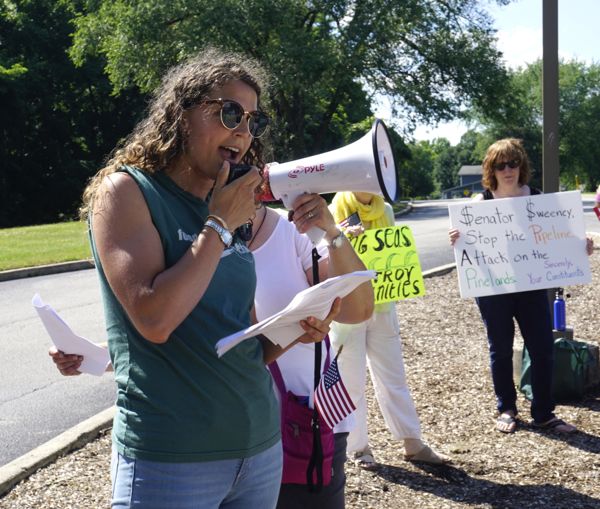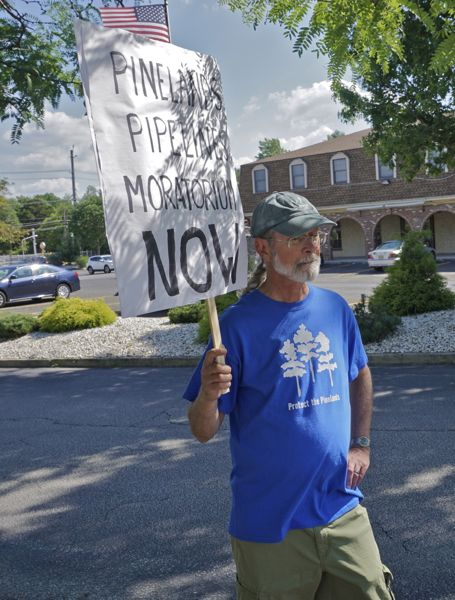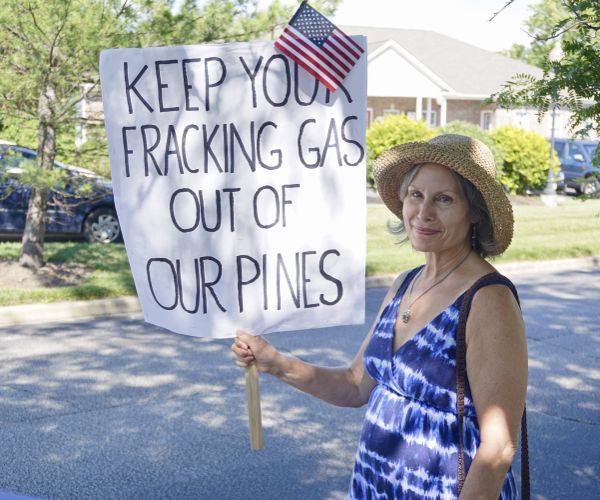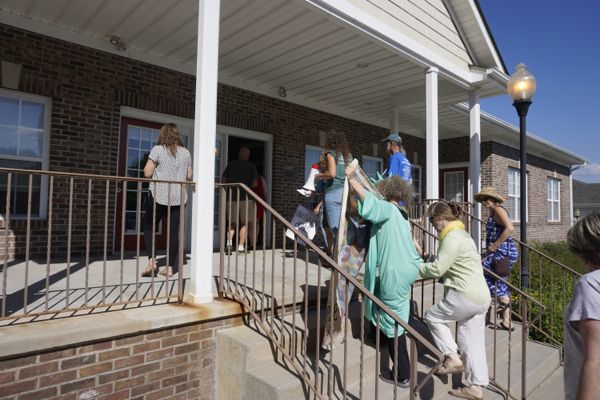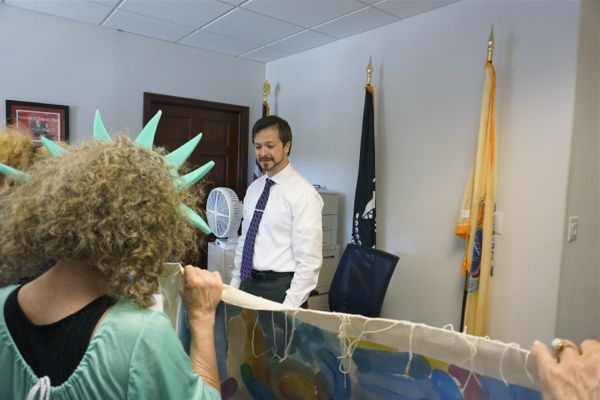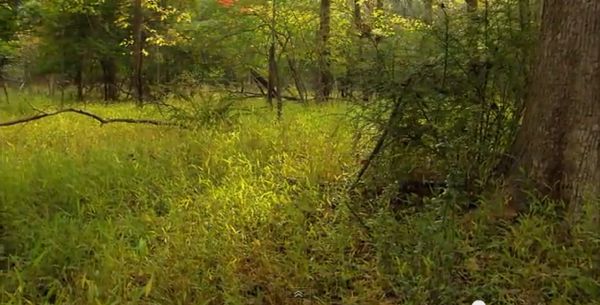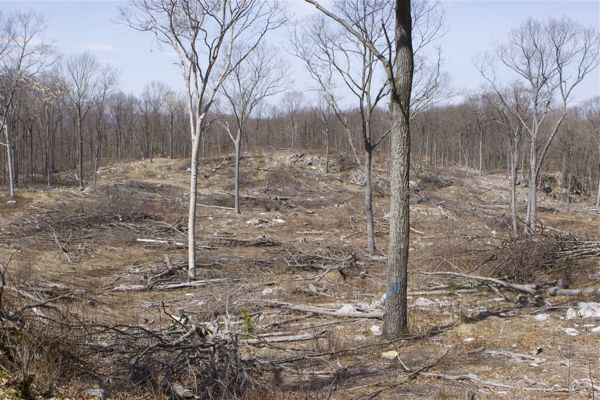FERC’d Again
Transco files 4th of July request to Commence Construction without DEP permits
In search of a Left Handed Monkey Wrench at “This Old House”
Prologue
We all have been victimized by some version of the cruel joke of the Left Handed Monkey Wrench.
You know the drill: the friendly uncle working under the hood of the car asks the helpful and enthusiastic awed young boy watching him work to do him a big favor and fetch a left handed monkey wrench from the toolbox.
After a frantic search, the flummoxed boy returns red-faced and ashamed to say he can’t find it.
The cruel uncle persists: Go ask you dad for his left handed monkey wretch.
Hahahahaa! You moron, there’s no such thing as a Left Handed Monkey wrench!!!
The boy is crushed and humiliated – by those he loves and trusts. Real funny, eh?
The public television show “This Old House” runs a kinder version of this same joke at the end of the show, where the experts bring out some bizarre and bewildering contraption and make up funny and implausible stories about what the tool is used for.
The phrase “On a Wild Goose Chase” connotes a similar phenomenon of cluelessness and futile searching for a non-existent solution to a problem.
Well, at best, the NJ environmental community purportedly “leading” the anti-pipeline citizen activists across the state are on a wild goose chase in search of a left handed monkey wrench at the end of a segment of This Old House.
I say at best, because, at worst, they are knowingly playing a losing game because that’s the only game they know how to play and that benefits their organization more that achieving a real victory.
The activists camp, groups like Food and Water Watch, hold protest events that target the wrong policymaker or the wrong issue or at the wrong time and/or are devoid of technical credibility and therefore easily dismissed and ineffective.
The organizing oriented issue focused groups, like Clean Water Action and Environment NJ, like to deploy a field canvass that knocks on doors. But they are more interested in campaigns that raise money than those that are effective.
The political and media oriented groups, like Sierra Club, focus their efforts on getting in the press or criticizing political foes or providing cover for friends. The soundbite reigns supreme, in superficial media coverage (or alternatively, too little too late lawsuits, filed after decisions are made, lacking sufficient public support, get routinely rejected by courts. The days of the controversial solo legal victory, lacking democratic consensus, have been over for decades now – unless, of course, they benefit corporations or the wealthy or the police.).
The conservation and watershed groups elevate the interests of their boards and members and funders above the aggressive tactics needed to win, and design advocacy efforts that reflect the corporate, economic, political or land ownership interests of their conservative elite members and funders.
The climate groups are generally AWOL or climate is not made a part of the debate or is not front and center in the debate. Still!
All these groups compete for a shrinking media, declining membership, and strings attached foundation funding. They rarely work effectively with each other and even more rarely build broader coalitions with labor, grassroots, social and economic justice, or religious communities.
A significant exception to this pattern of misdirection and floundering leadership was the first round Pinelands pipeline victory, where an informed and effective coalition kicked ass!
Even the burning down of This Old House – the earth literally on fire from global warming – they continue to search for and can’t seem to find that left handed monkey wrench.
Transco seeks FERC approval to commence construction
Now to the substance of the topic of this post.
At 4:49 pm, just 11 minutes before the close of business on Friday July 1 – before the 4th of July weekend – Transco requested approval to commence construction of portions of the pipeline project in Chesterfield by Friday July 8.
That request would give FERC just 3 days to review and approve the request – and even less to pipeline opponents to craft a response, like filing an injunction to stop the commencement of construction.
The Transco request comes despite the recent Bordentown-Chesterfield rehearing request FERC just delayed responding to (tolled) which highlighted the legal flaws of FERC issuing an approval before the NJ DEP issued a Section 401 Water Quality Certificate, in violation of the Clean Water Act.
But, aside from all these procedural outrages by FERC, Transco put the real substantive issue – the one that I have been urging the Left Handed Monkey Wrench crowd to focus on for almost 2 years now – right out there in the open for all who read their letter to see:
 Got that?
Got that?
While pipeline activists engage in all sorts of stunts, generate tons of misdirected media, organize field campaigns and fundraise, and focus aggressively on FERC, the NJ DEP is about to grant the only regulatory approval that could kill the pipeline that has been totally ignored.
Let’s repeat the core of that Transco casual “Oh, by the way” (emphases mine):
Transco must also obtain a Clean Water Act (CWA) Section 401 Water Quality Certificate and Section 404 Permit for construction of those facilities. The NJDEP is responsible for issuing the CWA Section 401 certificate and Section 404 Permit as part of its FWWIP [freshwater wetlands individual permit] under the permitting scheme in the New Jersey Freshwater Wetlands Protection Act and implementing regulations. Transco submitted its FWWIP application in July 2015 and continues to work with NJDEP to resolve outstanding issues.
For those who want to get into the weeds on the implications of that, see:
As I’ve repeatedly warned, the CWA Section 401 approval comes with a 1 year clock, as the attorney who is currently representing Chesterfield wrote years ago:
However, sometimes states waive their rights under these federal statutes by failing to act within the required time frame for making a decision (for example, Section 401 of the Clean Water Act requires states to act on an application within one year of the date that it is filed or the need for the approval is deemed waived). ~~~ Knowing and Protecting Your Rights When An Interstate Gas Pipeline Comes To Your Community :
Keep in mind, we repeat, with a finer point:
Transco submitted its FWWIP application in July 2015 and continues to work with NJDEP to resolve outstanding issues.
Yet even this 401 elephant in the room (pun intended) was somehow ignored by the left handed monkey wrench crowd, who persist in a focus on FERC, property rights, and stunts.
Of course, they get FERC’d again.
Happy Independence Day. I’m done. That thing about straws and camels’ backs.
[End note: While it is possible, I am not necessarily suggesting that the DEP and anti-pipeline activists have let the 401 WQC expire.
Actually, it looks like DEP is working with Transco to issue that 401 WQC approval, and with zero pushback from activists or press coverage:
Transco submitted its FWWIP application in July 2015 and continues to work with NJDEP to resolve outstanding issues.
Just in case some anti-pipeline people out there still believe that DEP is their friend, a few facts:
1. Governor Christie’s Energy Master Plan supports significant expansion of gas infrastructure – pipelines and power plants. DEP answers to the Governor.
2. The BPU approved the SRL pipeline (and all others that I am aware of). Although by law an independent regulatory commission, the BPU effectively reports to the Governor.
3. DEP would never contradict the Governor and a sister State Agency.
4. DEP Commissioner Bob Martin is a former corporate energy consultant who is very pro energy industry and pro-gas.
5. DEP Commissioner Martin takes the position – incorrectly – that FERC preempts DEP environmental permitting. In recent testimony to the Legislature, Martin said:
They (FERC) are the overall controlling entity on it at the end of the day. They could over-ride anything we could even do from the State of New Jersey. […]
We can not fight that .. If we did reject a pipeline it would end up in court very quickly.
6. Martin’s incorrect view on preemption is echoed by Democratic lawmakers, including Assemblwoman Liz Muoio, who works closely with the PennEast activists.
At a recent legislative hearing, Muoio whined about NJ’s powerlessness:
… there is little we can do as a State to stop them [FERC].
How could Muoio, who works closely withPennEast opponents, possible have that false legal view?
Who is whispering those lies in her ears?
Who has failed to educate her – and fellow activists, the press, and the public – on the law of Section 401 of the Clean Water Act?
7. Lastly, DEP has been a rubber stamp and cheerleader for pipelines.
If you doubt that, just recall their performance before the Pinelands Commission in support, see:
The only way DEP does the right thing is in response to huge political pressure mounted by pipeline opponents.
That has not happened –
And please don’t be so deluded to don’t think a hail mary lawsuit – with no public support – will win the day.
